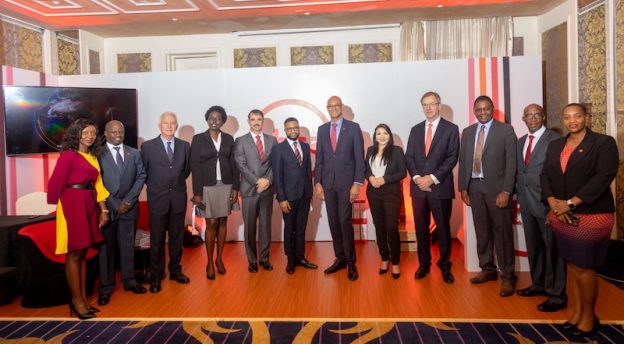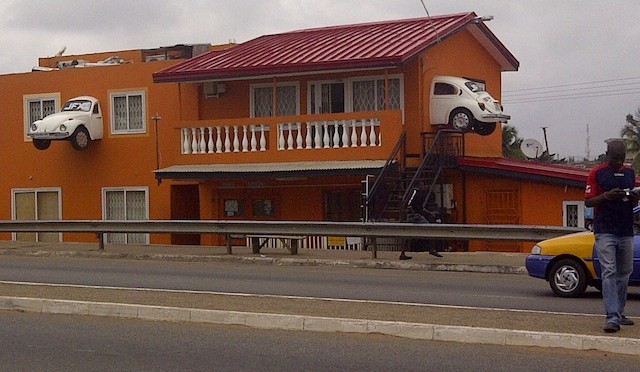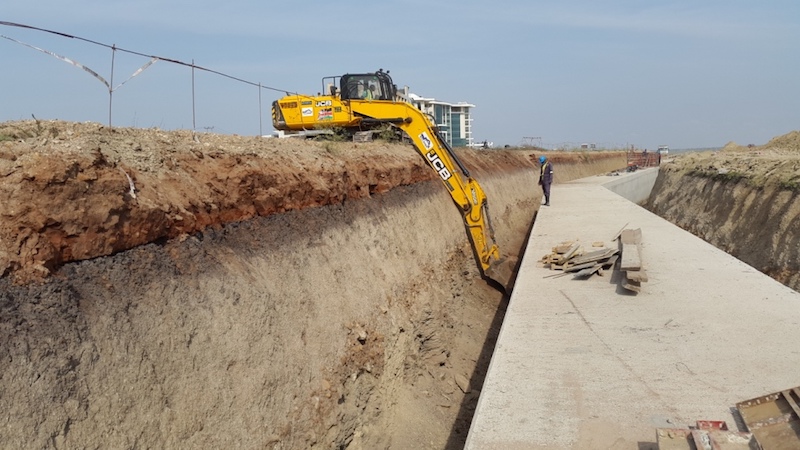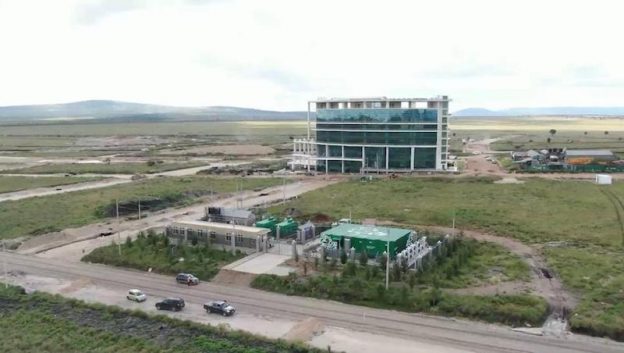The 9th annual East Africa Property Investment (EAPI) Summit was staged in Nairobi this week after a two-year hiatus and brought together over 300 people who are involved in investments, the management and financing of commercial real estate and other property developments.
The break in between, occasioned by covid-19, did not result in a disruption of developments and construction. Indeed this week, the Nairobi Expressway was opened to the public by its operator Moja for the public to test.
The conference, with the theme of “renewed focus,” was sponsored by Absa who is one of the oldest bank groups in the country and one that is connecting with the property market. They are a founding shareholder of the Kenya Mortgage Refinance Company.
Speakers at the EAPI Summit spoke of the great demand for light industrial, cold storage, manufacturing and warehousing infrastructure on the continent which is expected to become the fastest-growing consumer region in the world. There is an attraction to having small local manufacturing closer to the local markets as opposed to importing goods manufactured in far-off places like China, whose availability and distribution could be disrupted by global events. It was noted the facilities necessary to support e-commerce on the continent were still lacking, even after Covid-19 had accelerated the emergence of e-commerce at a pace and scale that had not been projected to happen for another decade.
Another area that was highlighted at the summit is affordable housing as different countries in East Africa countries have documented growing deficits of needed units. The gaps are driven by rapid urbanization estimated at 4% a year in the region and the governments of Tanzania Kenya and Rwanda have come up with regulatory changes to support affordable finance such as by introducing mortgage refinance programs to help reduce the costs of finance to homes, while banks like Absa are also making contributions to alleviate the problem. Speaking during the opening of the Summit, Jeremy Awori, the Absa Kenya Managing Director said the bank has advanced a total of Kshs 3.8 billion to Kenya’s National Housing Corporation, through a combination of direct lending and support to three affordable housing building projects being developed by the corporation.
Awori said real estate investors need to reinvent models to match the modern trends and needs of the local communities such as sectional ownership, multi-tenant shared spaces and converting under-utilised buildings into enthusiastic venues and the bank is ready to offer financing solutions. Many financial institutions, multinationals and NGOs have relocated their headquarters and offices to secondary business districts that were previously residential.
Elsewhere, a lot is happening in the hotel space. A few weeks after announcing they will close the iconic hotel in downtown Nairobi, Hilton used the EAPI summit to announce the opening of Kwetu, a new 100-room facility under the Curio brand that will be in the Westlands area later in 2022. It will be operated under their Curio brand. The EAPI summit was held at the Kempinski Hotel, in the shadow of the giant GTC complex, which opened in December 2021 and which was a co-sponsor of the summit as it seeks tenants for its adjacent properties.
Also at the Summit, Absa Kenya which was the first bank to subscribe to the principles of the Kenya Green Building Society, received an award from the International Finance Corporation for integrating green building technologies in its designs. The two-day EAPI event had 300 attendees in person, combined with a global broadcast of all the 30 sessions to 550 other virtual delegates in 35 countries.



